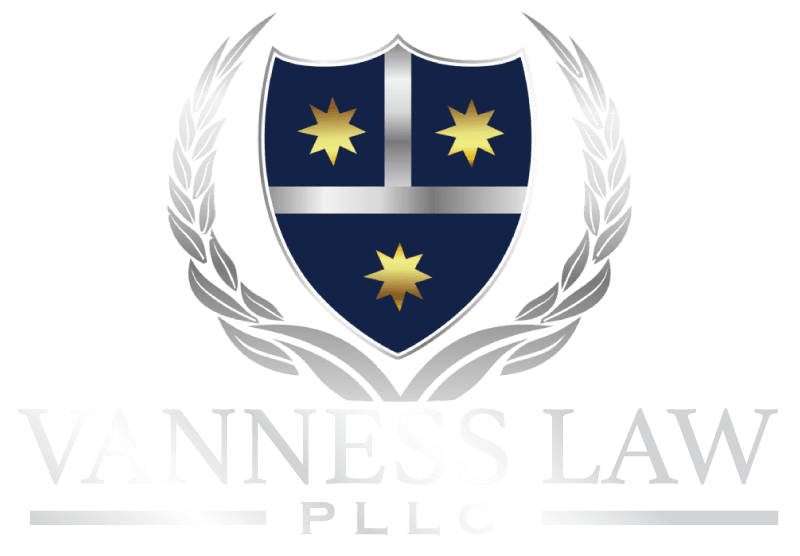Glossary
Glossary of Important Terms
| Term | Definition |
|---|---|
| Ancillary Administration | A probate administration that is in addition to the probate administration in the decedent’s home state. Typically required when the decedent owns real property in another state that was titled in the decedent’s name and did not pass by operation of law upon the decedent’s death. |
| Beneficiary | An individual who may benefit from a trust. |
| Codicil | A written amendment to a will. |
| Corpus | The body of assets or property belonging to an entity, such as a trust or estate. The principal or capital of an estate, as distinguished from the income. |
| Credit Shelter Trust | A trust in which the assets are sheltered by the deceased spouse’s applicable exclusion amount or tax credit. |
| Creditor | A individual or entity which may be owed money |
| Disclaimer | A written document in which a person or entity (the disclaimant) voluntarily renounces a legal claim to property or an interest in property from a decedent. A disclaimer causes the disclaimant to be treated as though he or she is also deceased. As a result, the property or interest in property passes instead to the next heir or beneficiary in line to receive the property or interest in property in accordance with the terms of the decedent’s will, trust, beneficiary designation, or the laws of intestacy. Disclaimers are governed by federal and state law. |
| Estate Taxes | A full probate proceeding. See probate. |
| Funding | The process of transferring assets to a grantor’s revocable living trust or otherwise providing for their disposition at the grantor’s death by beneficiary designation, operation of law, etc. |
| Generation-Skipping Transfer (“GST”) Tax | A tax on assets that "skip" a generation and are left directly to grandchildren or younger generations. The GST tax exemption amount is the same as the federal estate tax exemption amount and both have a tax rate of 40 percent. |
| Guardian | An individual or institution (trust company) determined by a court to manage the property of an individual who is judged incapable of handling their affairs. |
| Intestate | Used to describe a person who has died without having made a will or that person’s estate. |
| Personal Representative (also known as an Executor) | An individual or institution (often nominated in a will and) appointed by a court to carry settle a probate estate. |
| Per Stirpes | A Latin term that means “by root” or “by branch.” A way of distributing a decedent’s property so that each branch of the decedent’s family will receive an equal share. Specifically, property distributed per stirpes is divided into as many shares as there are then-living children of the decedent and deceased children who left then-living descendants. Each then-living child will receive one share, and the share of each deceased child will be divided among the deceased child’s then-living descendants in the same manner. |
| Pour-Over Will | A will used for estate planning together with a revocable living trust. It directs that any assets left out of the decedent’s living trust upon the decedent’s death become part of (i.e., pour over into) the decedent’s living trust (typically through probate). |
| Probate | The court-supervised legal process of validating a will (if any), paying debts, and distributing assets after death. |
| Settlor (also known as a Grantor) | The creator of a trust. |
| Sub-Trust | A trust created under a trust agreement that may not be funded until certain conditions are met. i.e., upon the Settlor’s death, a sub-trust is created to hold the inheritance for each of the Settlor’s children. A single trust agreement may create numerous “sub-trusts.” |
| Summary Administration | A simplified probate proceeding. In Florida, summary administration is available when total probate assets do not exceed $75,000 or the decedent has been dead for more than 2 years. |
| Trust | A trust is a contract reflecting a legal relationship between three parties, the Settlor, the Trustee, and the Beneficiary. The Settlor transfers legal title to some or all of his or her property to the Trustee who holds, manages and disburses the trust property and its income for the benefit of the Beneficiary. The Trustee is governed by terms of the Trust Agreement which is drafted by the attorney for the Settlor. |
| Trustee | The trustee holds legal title to the trust assets and is required to administer the trust on behalf of the beneficiaries according to the express terms and provisions of the trust agreement. |
| Will (also known as a Last Will and Testament) | A legal document that provides instructions to a probate judge regarding the disposition of property upon death. A will can only be enforced through a probate court. |







